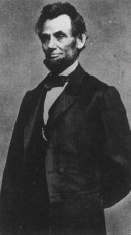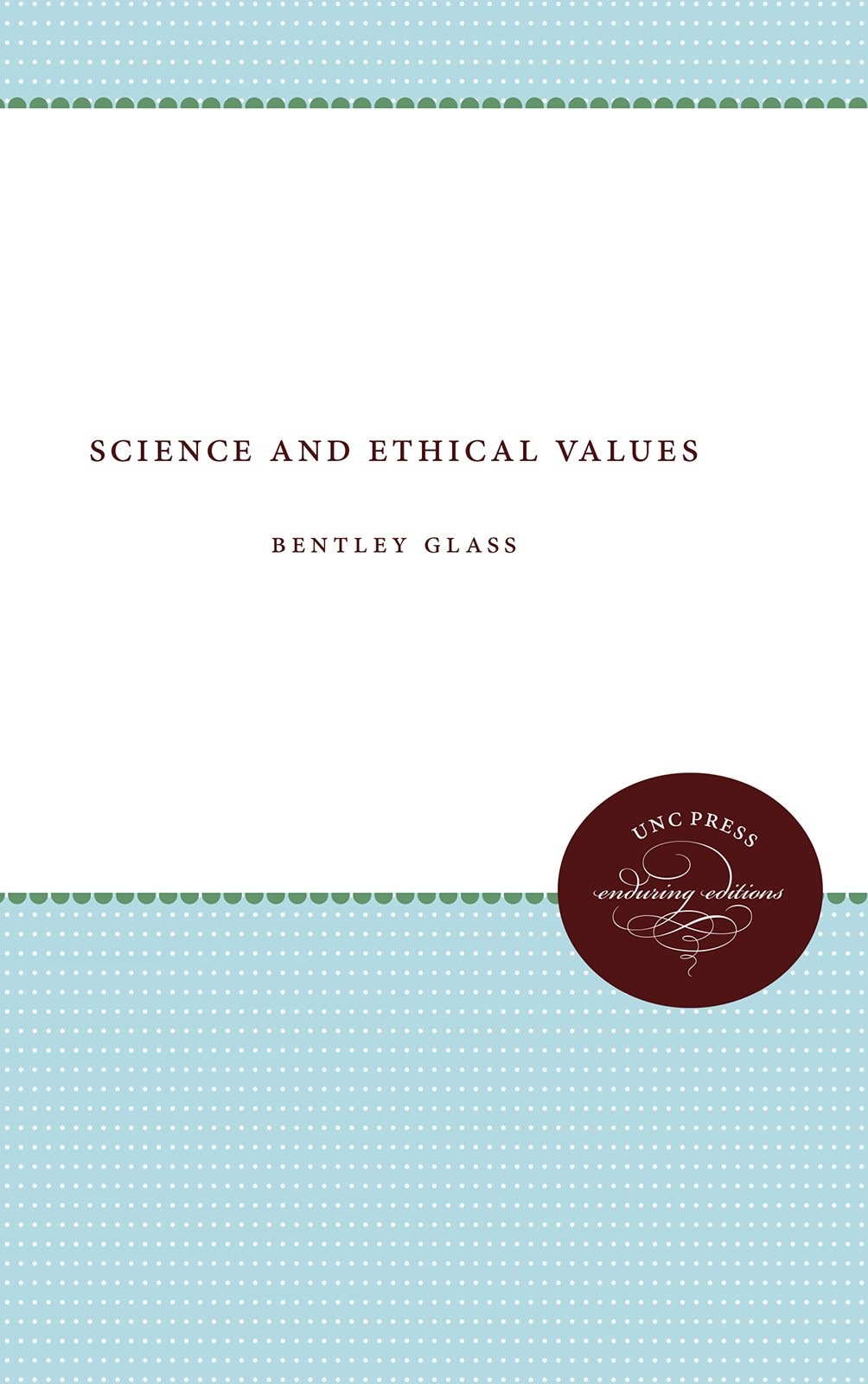The John Calvin McNair Lectures
FRANCIS H. SMITH, God Manifest in the Material Universe
FRANCIS LANDY PATTON, Authority and Religion
DAVID STARR JORDAN, The Stability of Truth
HENRY VAN DYKE, The Poetry of Nature
ARTHUR TWINING HADLEY, Some Influences in Modern Philosophic Thought
FRANCIS G. PEABODY, Christian Life in the Modern World
GEORGE EDGAR VINCENT, The Social Vision
JOHN DEWEY, Philosophy and Politics
FREDERICK J. E. WOODBRIDGE, The Purpose of History
HUGH BLACK, The Great Questions of Life
EDWIN GRANT CONKLIN, The Direction of Human Evolution
PAUL SHOREY, Platos Relation to the Religious Problem
CHARLES ALLEN DINSMORE, Religious Certitude in an Age of Science
ROSCOE POUND, Law and Morals
WILLIAM LOUIS POTEAT, Can a Man Be a Christian Today?
CHARLES REYNOLDS BROWN, A Working Faith
THORNTON WHALING, Science and Religion Today
HARRIS E. KIRK, Stars, Atoms, and God
ROBERT ANDREWS MILLIKIN, Time, Matter, and Values
GEORGE F. THOMAS, Spirit and Its Freedom
ARTHUR H. COMPTON, The Human Meaning of Science
WILLIAM ERNEST HOCKING, Science and the Idea of God
KIRTLEY F. MATHER, Crusade for Life
EDMUND W. SINNOTT, Cell and Psyche
C. A. COULSON, Science and Christian Belief
BENTLEY GLASS, Science and Ethical Values
Copyright 1965 by
The University of North Carolina Press
Manufactured in the United States of America
Library of Congress Catalog Card Number 65-25599
Printed by Kingsport Press, Inc., Kingsport, Tennessee
PREFACE
The three essays gathered here represent a natural extension of ideas expressed in a more preliminary form in the first and last of the three essays contained in an earlier book, Science and Liberal Education, which like the present volume was stimulated by an endowed series of lectures at one of our great American universities. I am deeply indebted to the University of North Carolina for the opportunity to pursue my thoughts about the relations of science to social and moral ideas more fully, in the form of these John Calvin McNair Lectures.
In the first of these three lectures I have picked up the thread of thought developed in my earlier essay on Darwinian Evolution and Human Values. Without too much repetition, I hope, I have tried here to show that ethical values do grow out of the biological nature of man and his evolution. These values are relative. The values at one level of biological organization, such as that of the gene or cell, may stand in conflict with the values at the level of the individual, just as the values at the level of the individual may conflict, and often do, with those that inhere at the level of the human population or living community of species. Resolution of these conflicts of ethical values is one of the gravest human problems. Sin follows the knowledge of good and evil. Innocence is largely compounded of ignorance of consequences. As mans knowledge of consequences grows he is ineluctably faced with problems of choice between the values of lower levels of living organization and those of higher levels, between the values for today and those for tomorrow, between the values for the local group and those for the wider, all-encompassing community of life.
The essay Human Heredity and the Ethics of Tomorrow treats more fully the ethical problems and quandaries earlier introduced in the essay entitled Genetics in the Service of Man. Here I have endeavored to illustrate more specifically, within the field of my own scientific specialty, the nature of the stupendous ethical problems that will face mankind in the very near future, as man begins to apply his knowledge to the control of his own reproduction and future evolution.
Finally, I have reversed the line of thought and have tried to demonstrate that science itself is a subjective, social, human enterprise completely dependent upon its own ethical foundations. In these days when the natural sciences are assuming so great a role in the development and alteration of our civilization, when every man must modify his ways of life decade by decade to accommodate himself to the changes wrought by scientific technology in human culture, far too little thought is given to the ethical basis of our science. To be sure, I am not the first to write about this subject, and perhaps I have added very little to what has been said by others. Nevertheless, I find that on our university and college campuses the cleavage between our two cultures exists not so much because scientists are little interested in the arts or because humanists are little conversant with the great scientific concepts of the twentieth century, as because the scientist is too blithely confident that more and more scientific knowledge will be good for man irrespective of its applications and too hopefully confident that others can cope with the ethical problems he creates, while the humanist fears the aggrandizement of science in our society and fails to appreciate the nature of the ethical problems that science generates, or perhaps even to recognize their existence.
A sound philosophy of human life must bring these streams of thought together, to interact fruitfully and compassionately. Today, the philosophy of science means mostly the structure of science and its logic; the history of science is a scholarly pursuit little related to the study of social change. Both the philosophy and the history of science are needed as a part of the incorporation of science into our humanistic tradition and learning. Yet they are not enough. Even the study of the sociological relations of science, today in so rudimentary a state of infancy, will not be enough. Besides these, we need a fuller, more frequent consideration of the relations of science to ethics, to the full range of human values. To the future development of such a humanistic study this small book is dedicated.
BENTLEY GLASS
Johns Hopkins University
June 16, 1965
CONTENTS
1
THE EVOLUTION OF VALUES
[A Natural History of Value]
To examine the problem of valuestheir origin, their permanence, their absoluteness or relativityfrom the point of view of a biologist may yield insight, even though treatment of human values strictly from a biological, evolutionary viewpoint cannot promise any final resolution of the problem. A natural history of values may be possible, in spite of the fact that values cannot be measured in strictly quantitative terms nor defined and treated in strictly scientific fashion. Charles Darwin, in the Descent of Man, opened up a consideration of this subject; and John Dewey in an early essay on Evolution and Ethics did so too. Can both be right?
It would be hard to find any biologist today who questions that natural selection is the principal agent of evolutionary change. Doubts about this assailed many thinkers in the first three decades of the twentieth century because of a seeming inconsistency, or even conflict, between ideas of evolution by means of genetic mutations, on the one hand, or by natural selection, on the other. These doubts have been resolved through fuller knowledge gained from experimental studies of mutation and selection. Both processes are in fact essential, but mutation provides only the raw material, the grist for the mill of evolution. Without hereditary variations, as Darwin clearly recognized, natural selection would have nothing transmissible to work upon, nothing permanent to shape into the adaptations of living organisms. The mutations of the genes and chromosomes supply those hereditary variations, in a way Darwin did not suspect. Nevertheless, there is no impulse toward improvement that is in any way inherent in the mutations themselves. By far the great majority of them, perhaps as great a proportion as 99 per cent of all new genetic changes, are detrimental. They are fated to be eliminated from the population, quickly in some cases, more slowly in others, but inevitably in all.




